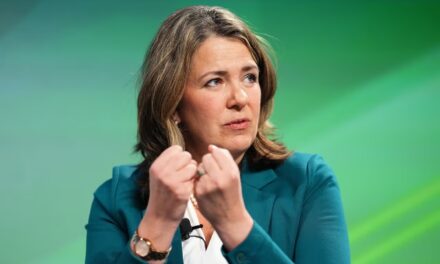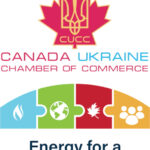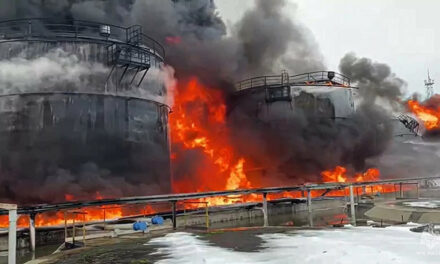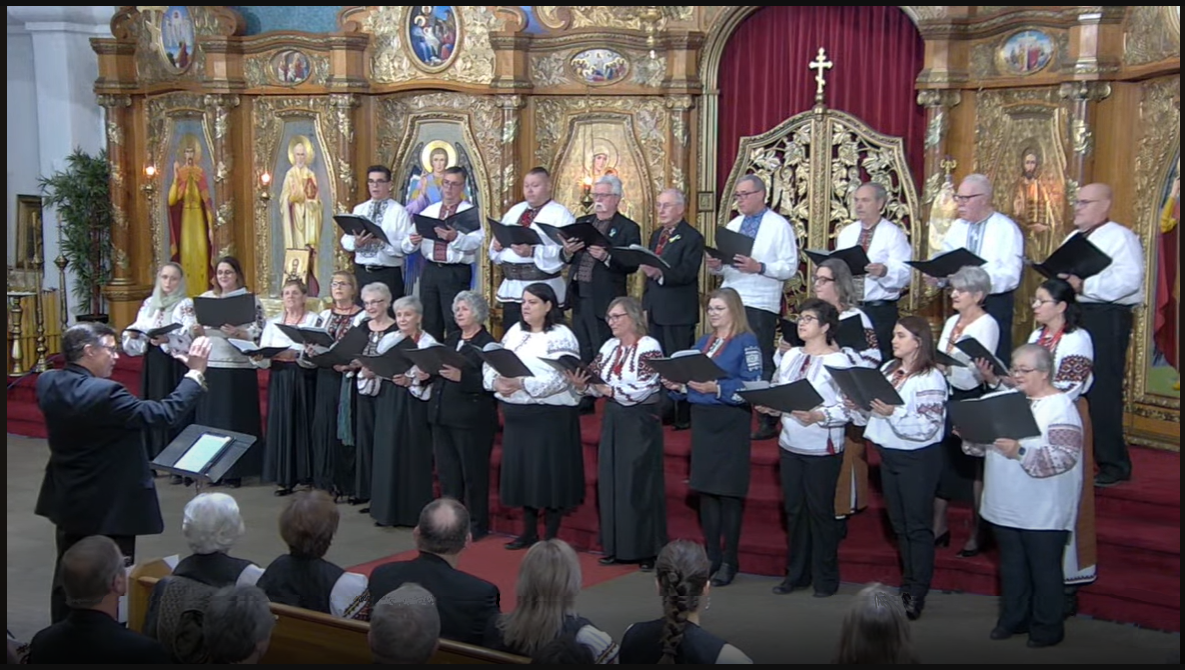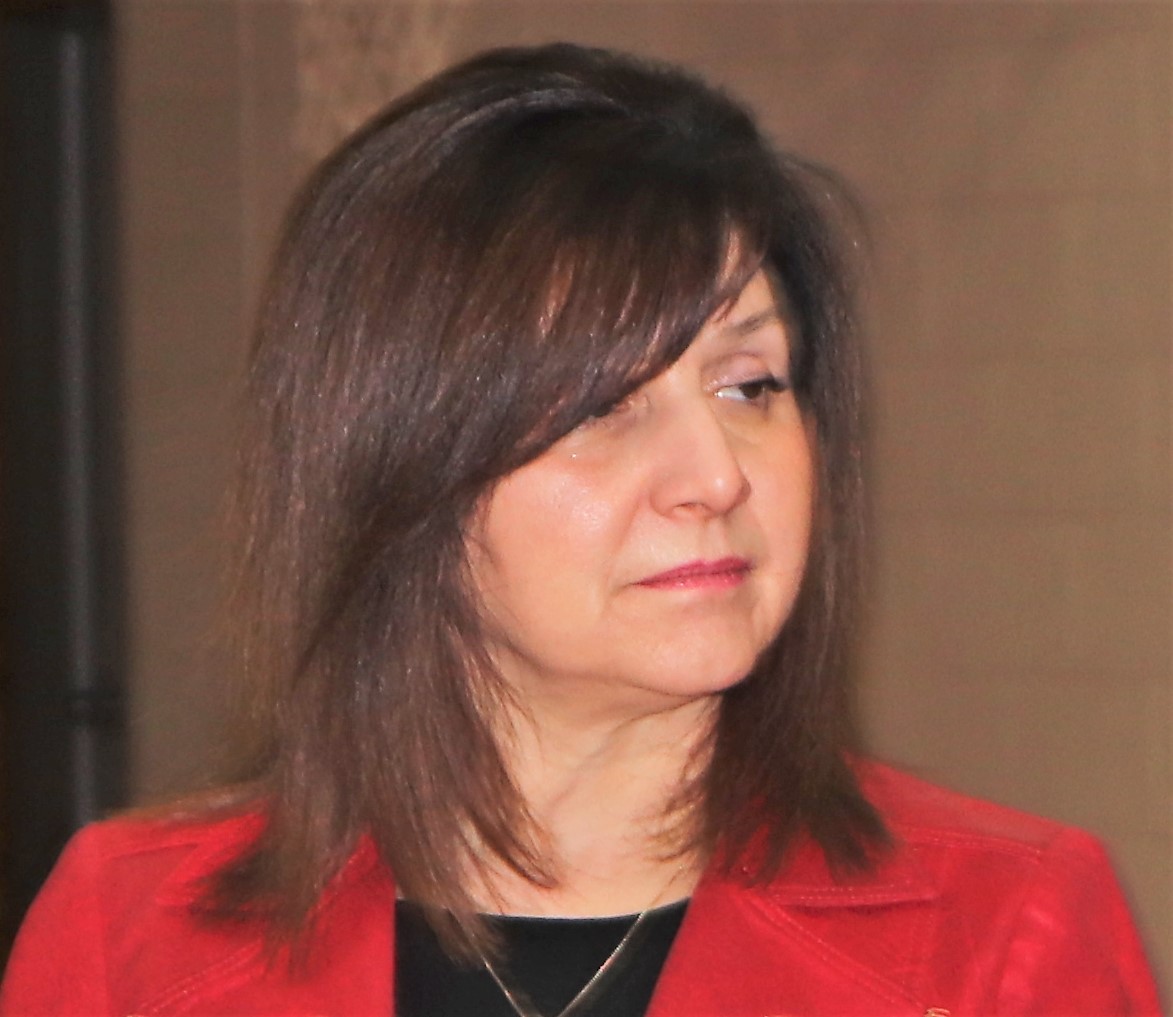Kateryna Bandura for New Pathway – Ukrainian News.
Atlantic Council's Ukraine experts believe that Russia's strategies in Ukraine so far have been a failure.
“[Putin's] buildup on Ukraine's border, and his threat of a major conventional strike, is the result of the fact that his seven-and-a-half-year hybrid war has been a failure. It has not changed Ukraine's policy in ways that he wants,” said Ambassador John Herbst, senior director of the Atlantic Council's Eurasia Center, discussing the prospect of renewed Kremlin aggression in Ukraine on January 6.
Herbs doubts that Putin could sustain the current buildup on Ukraine's borders.
“Ukraine may get a reprieve and the current crisis that Moscow has manufactured may dissipate, at least for a few months,” Herbst said.
Such tension release could come from the recent unrest and protests in Kazakhstan, which former secretary of the National Security and Defense Council of Ukraine Oleksandr Danyliuk said gives Ukraine some “breathing space”.
“Kazakhstan offers him now the opportunity to step back, if he really, in his mind, believes that he's overstepped his real abilities,” Danyliuk said, adding that by putting an ultimatum on Ukraine, Putin has put himself in a corner.
“I think his endgame in Ukraine remains the same – he wants to either destabilize it, keep it as chaos or actually make some tangible gain in the country,” Danyliuk said.
But a former NATO Supreme Allied Commander Europe thinks there is more to what Putin is currently facing.
“I think there are three forces coming together at this moment,” said Gen. (Ret.) Wesley Clark.
“One is the force of Putin's efforts to overturn the westernization of Ukraine. He's tried to sabotage the government. He's running a disinformation campaign. He's worked on the European allies to neutralize some of their support for Ukraine. But nothing's working.”
“Second trend is – after 2008, Putin realized the Russian army wasn't what it was supposed to be. So, he's had a long-term program to upgrade the Russian army. He's built up this great nuclear unmanned torpedo, he's built new tanks, new aircraft, completely transformed the organization. He thinks he has a military advantage in a scientific correlation of forces.”
“The third trend is – he sees a growing weakness in the West. Brexit, the Polish problem with justice, the Brits and French fighting over fishing grounds, the American political system, which is horribly divided on the sidelines. He looks at his putative alliance with China and sees that if he could swing on Ukraine and grab Ukraine – that will give NATO a sharp shock.”
Clark thinks Putin believes he can execute an effective military campaign in Ukraine and paralyze NATO, creating anxiety and fear in Eastern Europe and getting the apologists in Western Europe to say that maybe it was NATO's fault to expand.
“[Putin] thinks he can get NATO to fractionate and undercut the U.S. role in Europe and ultimately drive the United States out of its position in Europe. That's the objective,” Clark said.
Getting the U.S. out of NATO and destabilizing the European Union will change Europe's security framework, which a senior advisor at the Atlantic Council believes is exactly what Putin wants.
“I think he's very, very frustrated that he's not been able to get the security framework that he needs and wants,” said Dr. Harlan Ullman. “So, his major objective here is changing the security framework in Europe to something that resembled post 1997.”
Ullman said that Putin knows he uses Ukraine as a lever and a means to another end to put pressure on the West.
“The first thing that we have got to do is to have a unified plan of action,” Ullman said. “We need to develop a unified negotiating position and not threaten him so much with sanctions.”
Ullman thinks that the West must directly attack Putin's strategy.
“[Our strongest weapon] is the threat of expanding NATO. This, to me is the most important step we can take.”
He also believes that the West should completely ignore the urgency.
“I think the best thing is to delay all [the negotiations],” Ullman said. “Let's continue to negotiate over time, the longer we can draw this out, in my mind, the weaker that Putin is going to get. Let's not fall into the trap of ‘now, now, now'.”
And while the West prepares for negotiations with Russia in January, Ukrainians face the prospect of war soon.
“It's absurd,” said Danyliuk. “Ukrainians are confused when [the West] is talking about aggression, and the Ukrainian government is silent.”
Danyliuk said that the government in the U.S. is clearly concerned about the Russian threat, while the government in Ukraine is not. He said the government started to talk about this only about a month ago.
“You would expect the government to have a strong stand on this because having the enemy – it's actually mobilized society,” he said.
“If war is happening, society is not mobilized yet, and the government is doing everything possible to keep it this way. I think it weakens the country quite dramatically,” Danyliuk said.
This article is written under the Local Journalism Initiative agreement
Share on Social Media


